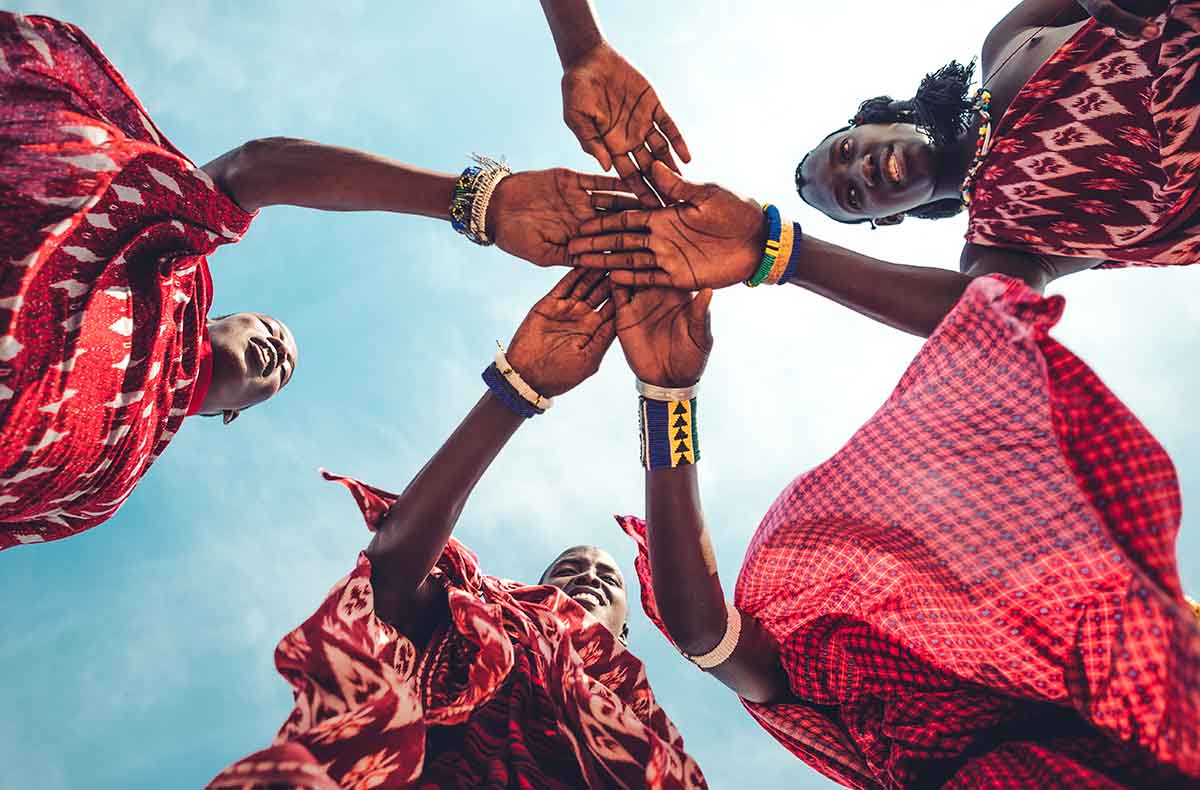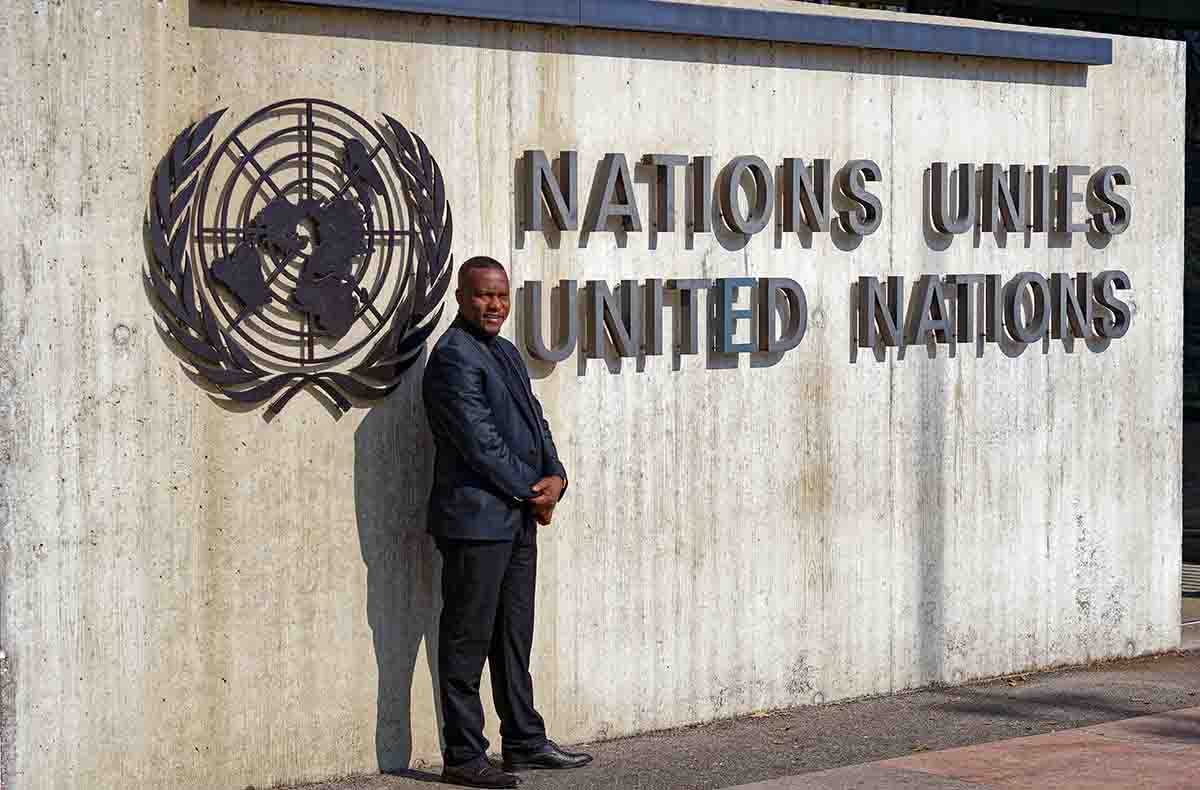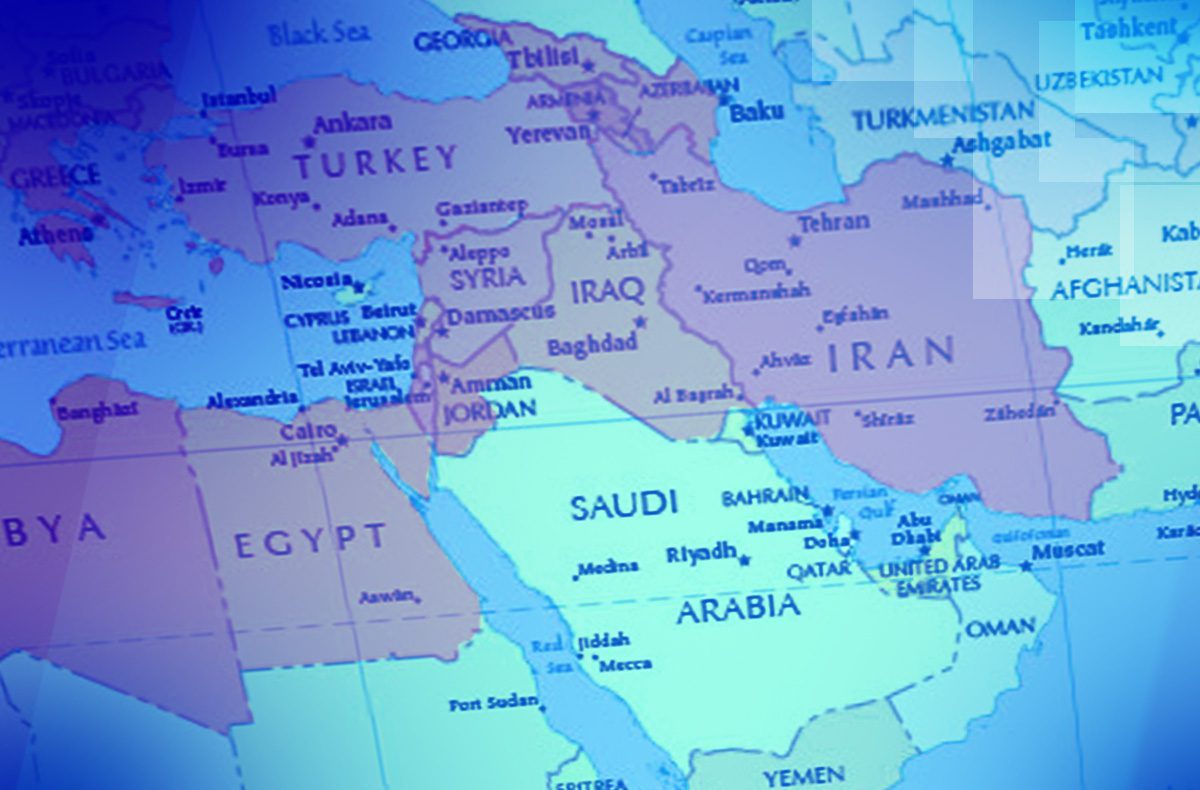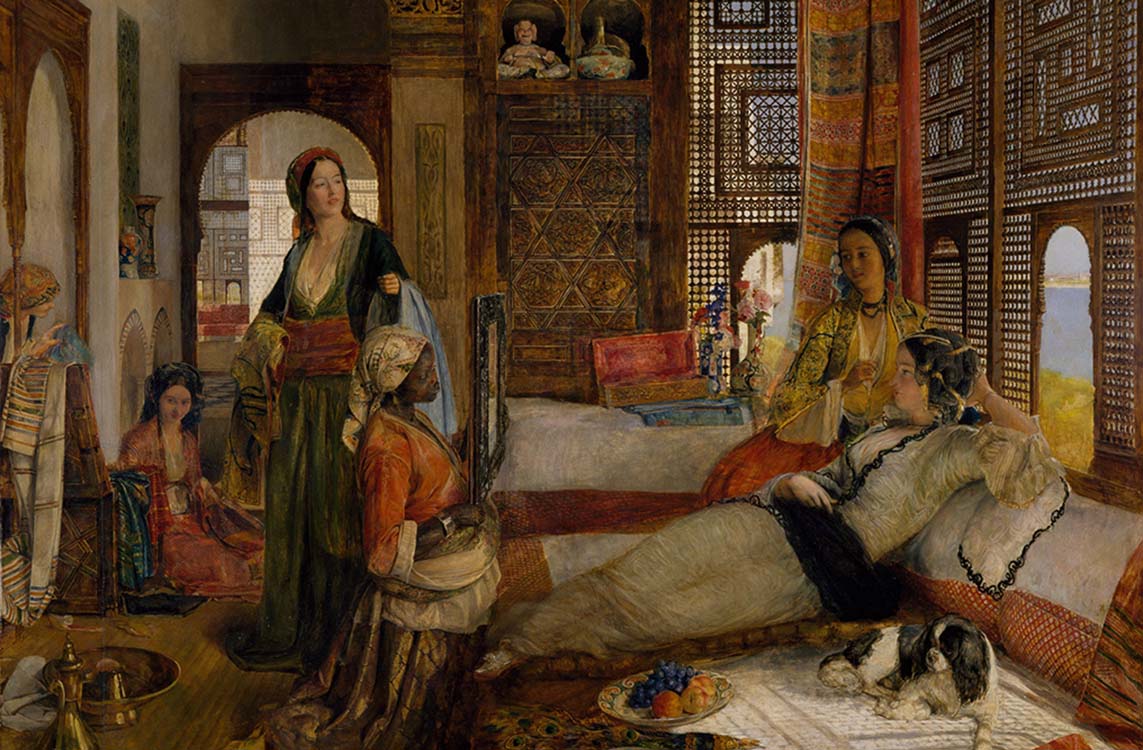
Human beings have an innate desire to belong to a community. From childhood friends to college peers, these relationships include shared history and camaraderie and can become more than just friendships. They can become a tribe that influences one’s actions, decisions and life choices. This is a modern definition of a tribe through the eyes of a millennial or a Gen Z in countries that are not so ethnicized.
However, in a continent like Africa, where ethnicity goes to the core of most countries, tribe encompasses much more than just a simple definition. It goes to the core of your being and defines your identity, values and beliefs. It gives you a sense of security and loyalty to your people. While I agree with this perspective, I do not dismiss the modern definition of tribe because it’s informed by Western ideology, and it provides a glimpse into the profound significance and deep-rooted meaning of a tribe.
The popularity and widespread influence of pop culture and civilization transcends all continents due to modernization. It almost seems like there’s a universal definition of a tribe that resonates with everyone. However, in a largely ethnically diverse continent like Africa, with more than 3,000 tribes, these definitions are poles apart. For the Western person, a tribe is about social circles, cliques and acquired preferences. In their case, they have grown and evolved with all these concepts and they have had the opportunity to choose what and who constitutes their tribe.
For the African person, however, a tribe is so much deeper. To begin with, you are born into a tribe. The African person cannot choose their tribe because they already have one from birth. These tribes consist of age-long cultures, traditions, languages and beliefs that every tribesman and tribeswoman is expected to learn, imbibe and be accustomed to as they grow. In fact, society punishes recalcitrant students of tribalism and its ways. It’s ingrained in the fabric of the society, which is itself tribal. While it is incorrect to assume that any one cultural perspective is superior to another, it is up to parents to provide a supportive and nurturing environment for their children. And it is perhaps by the inculcation of Westernization and the accompanying mindset that can save a child from the suffocating interference of the operations of their designated tribe.
The influence of Western education and the progress of civilization have made the modern African less likely to exhibit tribalistic tendencies compared to their ancestors, who were born in a time when pop culture was not prevalent, and which has had a significant impact on this. Thanks to the internet, the African Gen Z is well-informed about almost anything related to the Western world. From Hollywood to the American music scene and the Met Gala, the African Gen Z knows it all. A few years ago, J. Cole—an American rapper—came to Nigeria to perform at an event, just a few days after his album release. There was widespread surprise on Twitter when videos surfaced showing Nigerians singing songs off his new album so passionately. This is a typical example of how entertainment has put African youth on par with their counterparts around the world.
Despite the amount of modernization African youth may embrace, the tangible effects of African tribalism persists in their environment and cannot be washed away, as adhering to its deeper meaning has resulted in negative consequences that continue to impact African youth. The extreme application of this “deeper” definition of tribalism has birthed conflict, violence, corruption, nepotism and bad leadership, which has affected the development of several African nations and the quality of life of African youth.
Despite the benefits of modernization that have helped African youth to stay informed about global trends, the negative impact of tribalism in Africa, compounded by issues of bad leadership and corruption, continues to hinder their quality of life, creating a gap that cannot be bridged by westernization and its influence alone. While the question remains as to whether tribalism is solely responsible for Africa’s struggles or merely a facade to deflect from underlying issues, addressing this issue is critical for the African continent’s progress.




